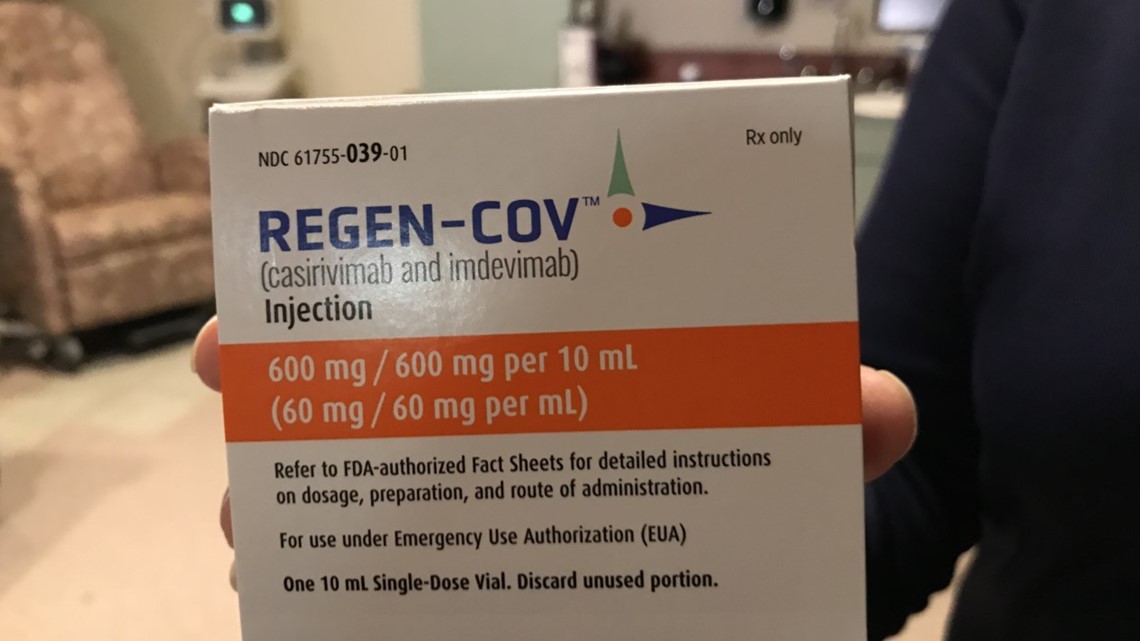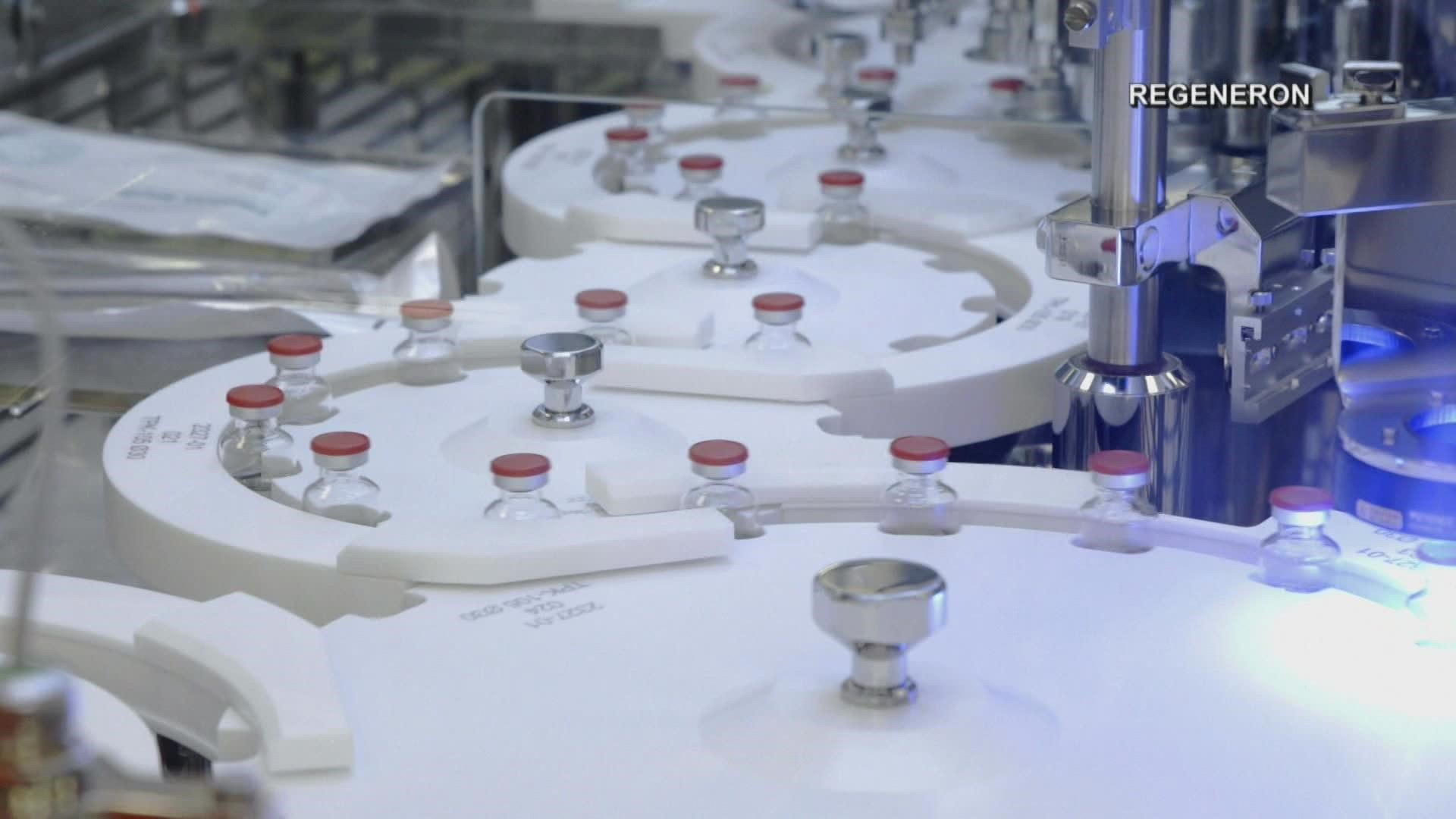BOOTHBAY HARBOR, Maine — In a small room with a loud fan and three recliner chairs, higher-risk mid-coast COVID patients are finding a way to avoid being hospitalized with the virus.
In September, LincolnHealth St. Andrews Urgent Care Center in Boothbay Harbor started providing monoclinal antibody treatments for certain COVID patients. And the demand for those treatments has been growing.
“I think patients are scared when they are diagnosed with COVID," Brenda Thompson, nurse manager for the emergency department at LincolnHealth, said. That includes the urgent care, as well as the LincolnHealth Miles Campus Hospital in Damariscotta.
Thompson supervises the antibody program, which she said is focused primarily on unvaccinated patients who show a higher risk of serious illness.
“Patients will have about a 70 percent decrease in symptoms within 24 to 48 hours. This is a pretty good treatment, especially [for] our high risk [patients with] mild to moderate symptoms,” Thompson said.


She stressed the treatment is not a cure, but instead a way to reduce the severity of symptoms so those with the virus can avoid being hospitalized.
Thompson also said the antibody treatment is not a replacement for the vaccine. The effectiveness of the treatment, she said, wears off in four to five months.
She also said that during the typical two-hour treatment sessions, nurses spend time talking with patients, answering questions about the virus. They also try to provide reliable information sources about the vaccine.
Dr. Nirav Shah of the Maine Center for Disease Control and Prevention said those antibody treatments are effective, but they should not be considered an alternative to getting vaccinated.
The surge in COVID cases has increased statewide interest in the monoclonal antibody treatment, but the drugs used for the antibody infusion are on allocation from the federal government, through Maine CDC. That means treatment locations may not be able to get enough of the drug to meet the demand.
Maine CDC said it gets enough for 500 to 700 doses per week, and around 8,000 doses have been used since September.
The Maine Hospital Association said most hospitals around the state are now providing these treatments.
For most of those who do get the antibody infusion, Thompson said it makes a difference. Some have still required further medical care, but she said most have seen the benefit.
“For the most part, what we are seeing is patients are not needing hospitalization after, and they are actually calling us and telling us they are feeling better in a couple of days. It's been rewarding. The team is working hard," she said.
If they had more staff and more antibody resources, she said, they could help more people see the same benefit.

